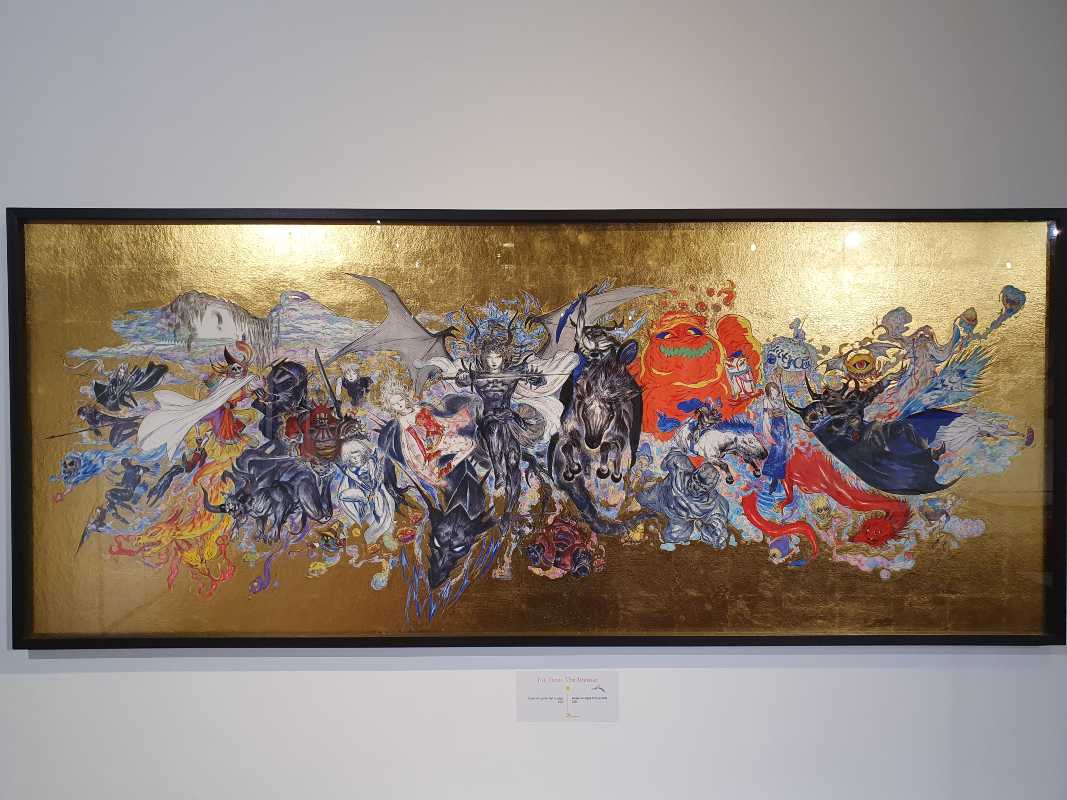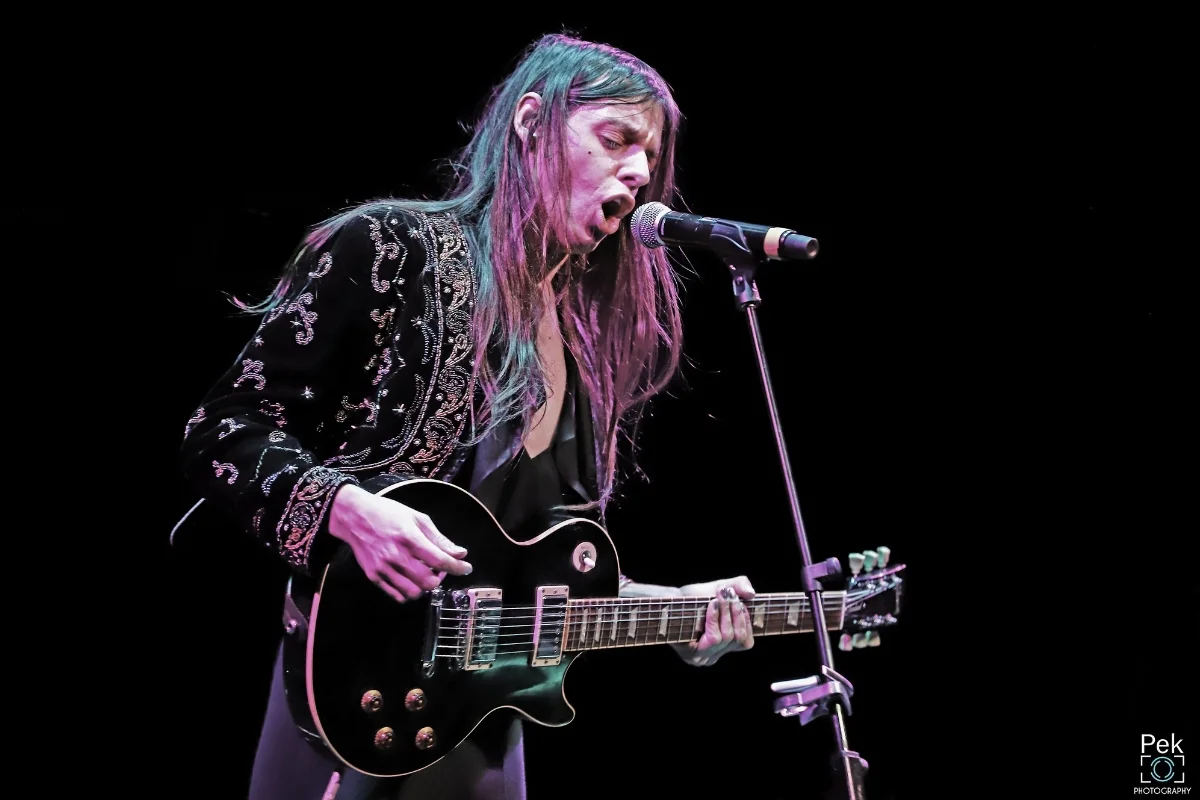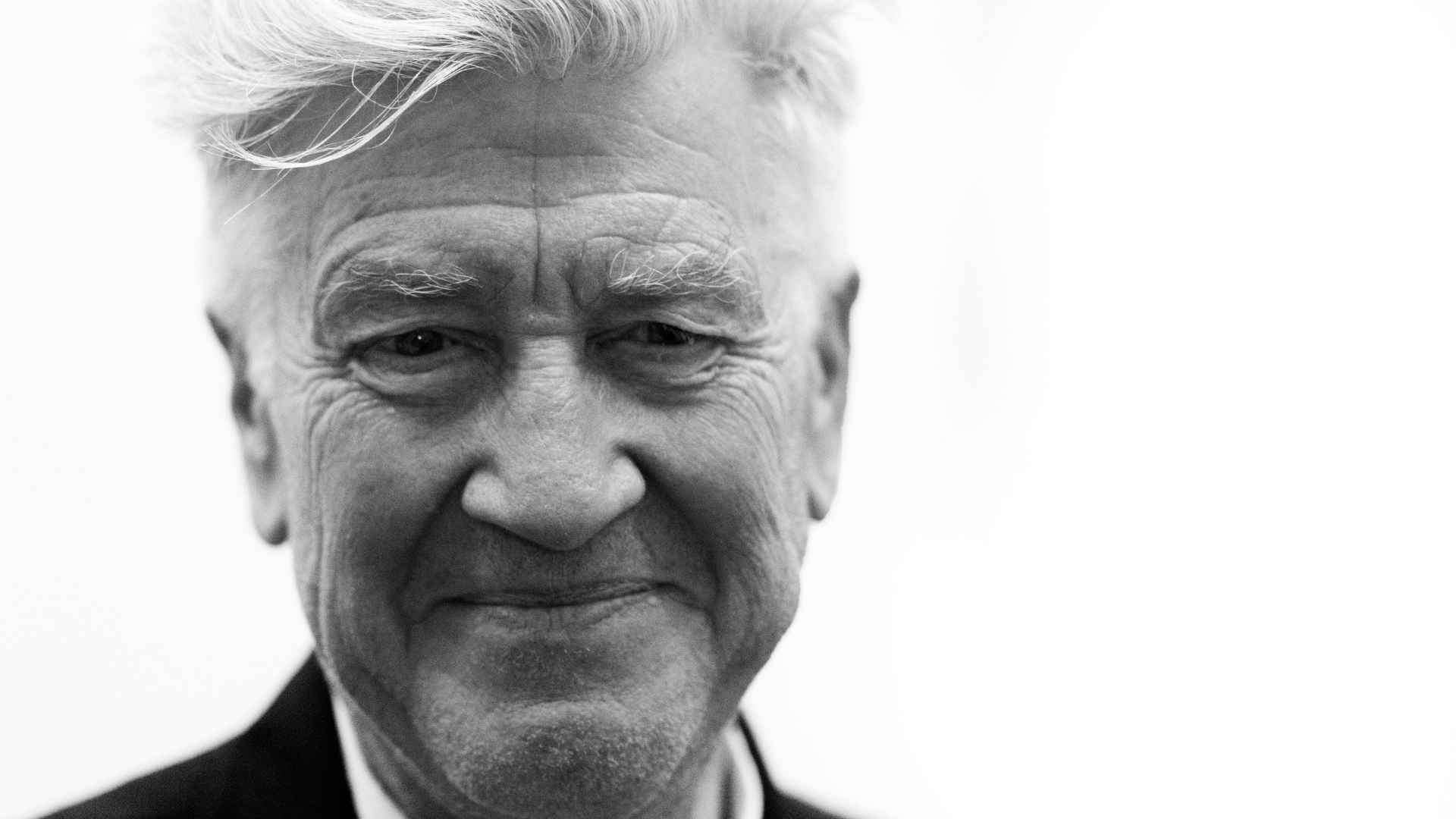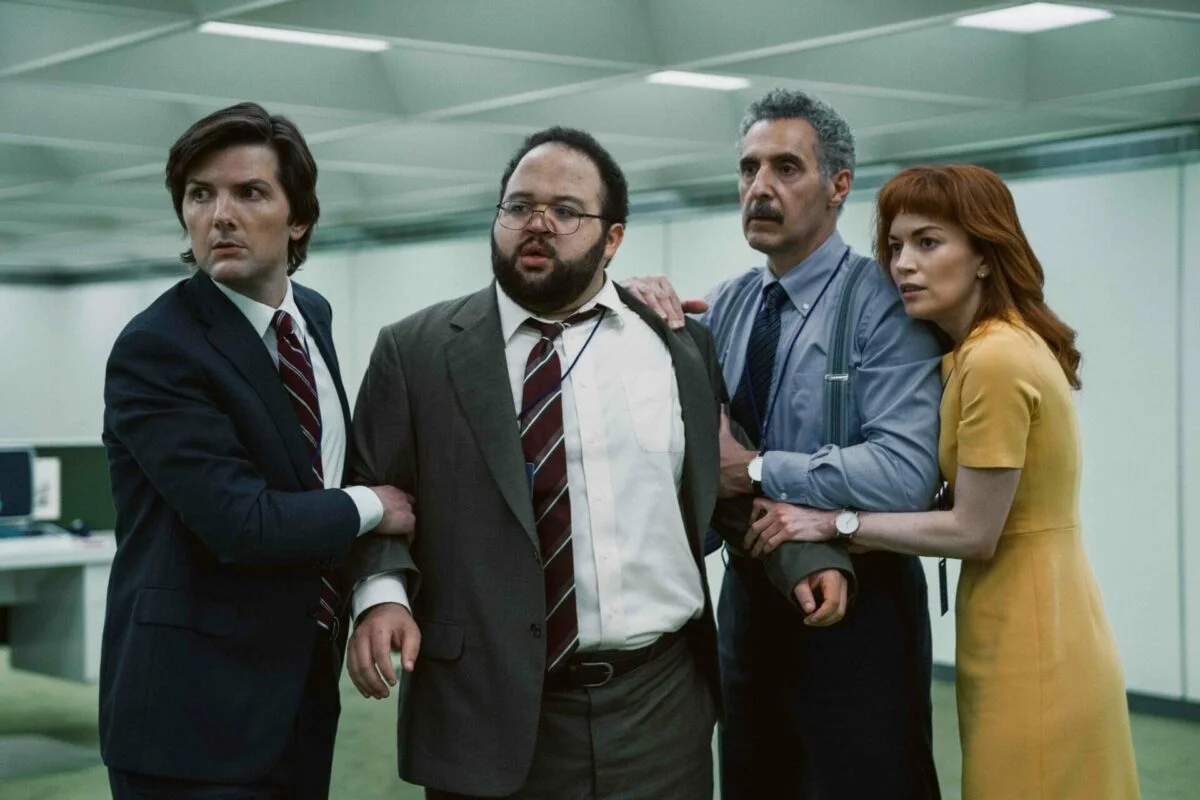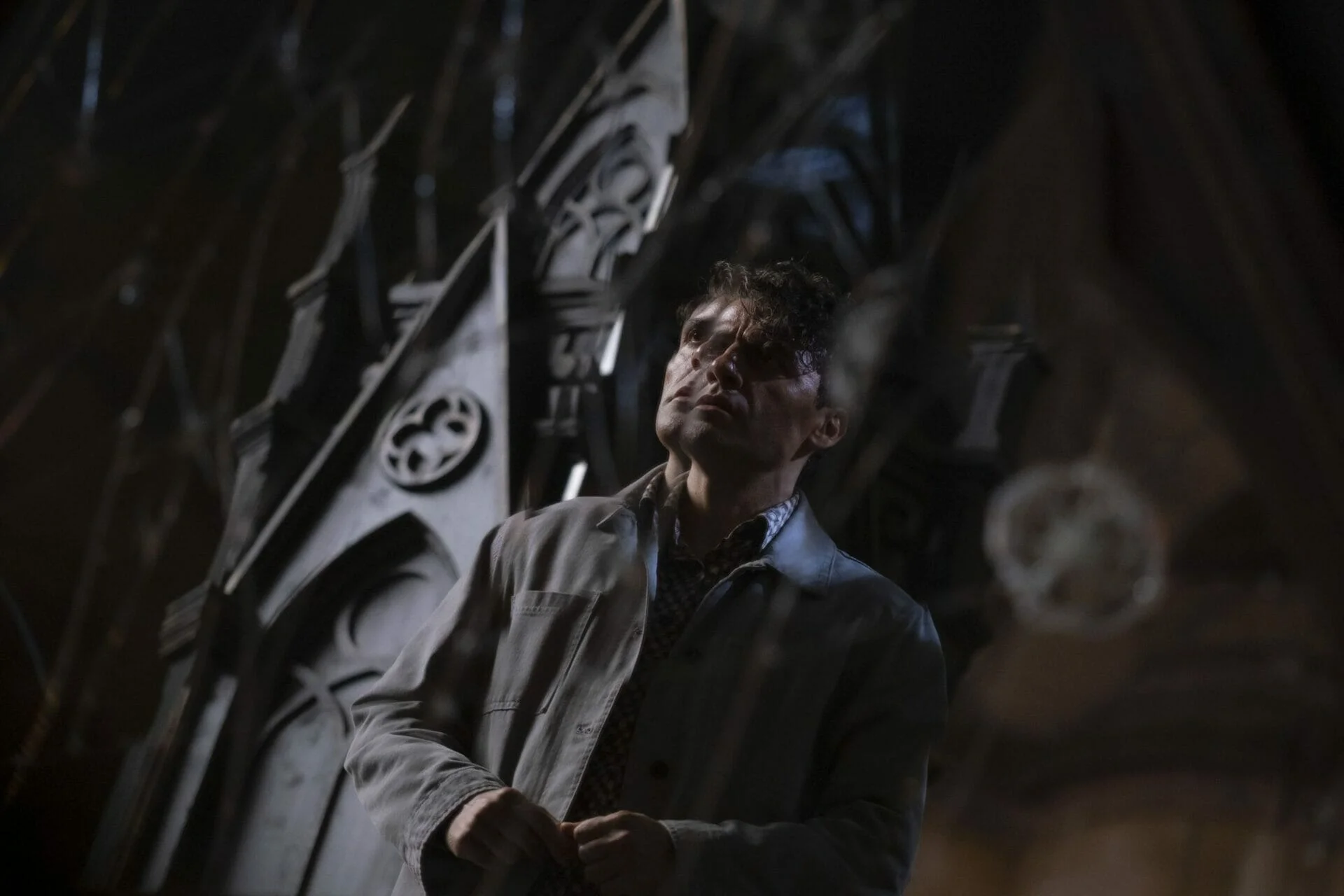
Moon Knight | Rise and Fall of the dissociative anti-hero
Creator
Showrunner
Year
Country
Seasons
Runtime
Original language
Genre
Music by
By
For once, even if the story is partially set in Egypt there’s no yellow filter on the camera. This, and many others, are the noteworthy features of Moon Knight, the Marvel show that aired on Disney+ in 2022. Starting with the making of, it sets a different approach to Marvel superheroes. The lead character, after all, is neither easy to understand nor to move around on the screen. In fact, he suffers from Dissociative Identity Disorder.
The show is written by Jeremy Slater (already known for The Umbrella Academy) and partially directed by Mohamed Diab, Justin Benson and Aaron Moorhead. Steven Grant (Oscar Isaac), an Egyptian culture and mythology lover, finds himself in the middle of dangerous situations. He doesn’t even understand how he physically ended up there. He suffers from sudden blackouts and memory loss; during those moments his other personality, Marc Spector (also Oscar Isaac), takes over. Marc, as a matter of fact, is trying to stop Arthur Harrow (Ethan Hawke), who wants to free the Egyptian goddess Ammitt (Saba Mubarak) from captivity. The aim is to punish those guilty of wrongdoing around the world while they are still alive. Even if their crimes have not been committed yet.
One of the first anti-heroes
In his comic history, Marc Spector aka Moon Knight was one of the first Marvel anti-heroes. Given his uniqueness in personality and the inclination to violence, he was certainly different from the previous “cleaner” heroes (considering that his first appearance was in 1975). His traits have therefore made him perfect for this MCU new phase. The production, in fact, has long since decided to explore new narrative possibilities. The result being something new, and darker, for the audience.
Moon Knight is the first hero with a mental illness such as Dissociative Identity Disorder. But in the world of cinema, TV and literature, it’s full of characters who suffer from DID. It goes from Strange case of Dr. Jeckyll and Mr. Hyde (Robert Louis Stevenson), up to Psycho (Alfred Hitchcock), Fight Club (Chuck Palahniuk) or Split (M. Night Shyamalan).
During the production of Moon Knight, a psychiatrist joined the writers as a consultant, in the form of Dr. Paul Puri, Assistant Clinical Professor at UCLA and past-president of the UCLA Psychiatric Clinical Faculty Association. This was of obvious help, given that illness on the Marvel show (however fictionalized for narrative purposes) comes very close to what it could mean in reality.
Disease and awareness
People with this condition don’t communicate through mirror surfaces. There are no post-mortem limbos in which they meet as separate people. But their personalities somehow communicate, and are often aware of one another’s presence. It’s also common that the host (the main personality) changes. Very often, people feel pain in discarding their different personalities. In one way or another, all of this happens in Moon Knight too.
What the Marvel show does is not just a focus on DID’s, but rather on our ideas and practices towards acceptance.
The beautiful thing about Moon Knight’s adventures was he was always inclusive. He never let his own mental illness define him. And therefore, he never let societies’ labels that were placed on others define the people that he brought on his adventures with him.
Moon Knight’s executive producer Grant Curtis
Free will or Destiny
The question of free will is also on display as another main topic. There are in fact two factions: those who want to punish criminals before or after they commit the crime. In the first case, the consequences of their actions and the suffering they could cause can be prevented.However, this leads the viewer to think that there is a predetermined destiny, that man is not the master of his actions. In Moon Knight there is no single answer to the question, although it does analyze the possibility of change in people. The theme was addressed in greater depth in another Marvel show, Loki, being one of its cornerstones.
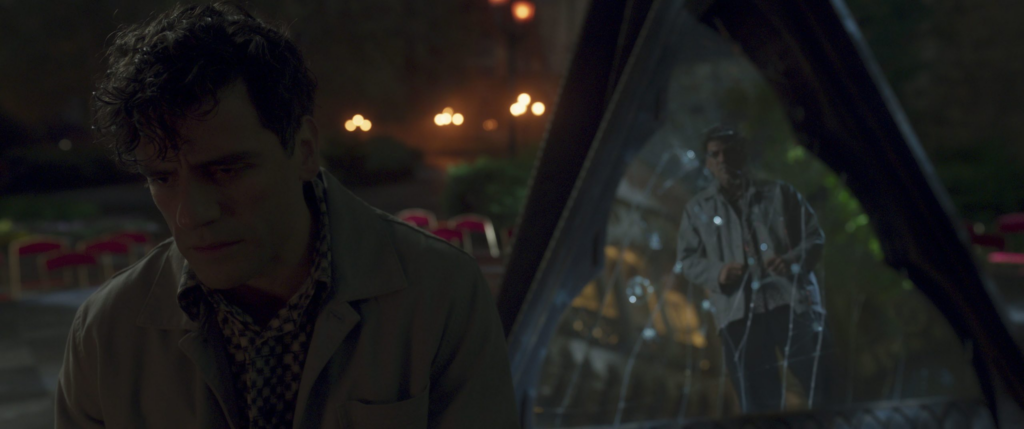
Crescent Moon
Given the type of character brought to the small screen, Moon Knight departs from what has so far distinguished the MCU. We explore new, darker aspects of a character that the non-reading public has never seen. The strength of the show is to introduce such a character into a stand-alone product, with no reference to the continuity of Marvel movies and other TV shows. The public doesn’t need to be one hundred percent up to date with all the releases in order to enjoy it.
There is also the opportunity to show different, ancient cultures like the Egyptian one. A bit of a reference to Riders of the Lost Ark but in a modern way, with adventures in modern-day Cairo and the use of contemporary local songs within the soundtrack.
The director himself, Mohamed Diab, said he was enthusiastic about it.
You don’t know how big this is for three hundred million people or the Arab world. And any minority, I think, just like seeing that all of us can be heroes and all of us can be represented. […] Now I know that my daughter has someone to look up to.
Mohamed Diab for Golden Globes
Falling Moon
The constant shift from one genre to another – from comedy to dark adventure, to horror and then back to comedy – is alienating. The claustrophobic fourth episode’s finale, for example, refers to another show like Legion, in misleading the audience about what’s real or not. Only to find out, in the end, an adorable anthropomorphic hippo screaming in fear in a gag.
Narrative lines that are quickly closed for the little time left, plot inconsistencies, complex and well-constructed characters that suddenly become mere puppets. Even mysterious deus ex machina no one asks too many questions about. Many wonder if at this point Moon Knight wouldn’t have needed a stand-alone movie of a couple of hours to do it more justice.
A nice marketing gem, however, is the presence of QR Codes within the various episodes, which give free access to some comics about the unconventional protagonist of Moon Knight.
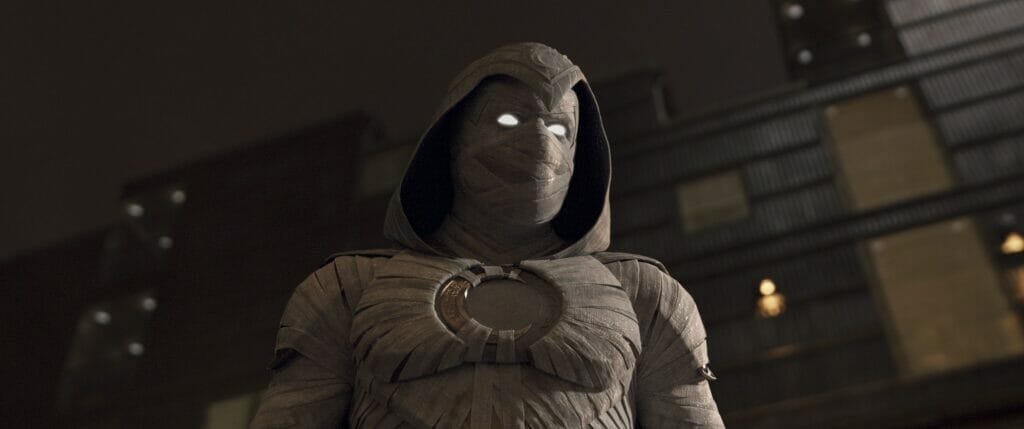
A question of acceptance
Moon Knight has strengths and flaws in equal parts. In the 2019 film Joker, the protagonist states “the worst part of having a mental illness is people expect you to behave as if you don’t”. He means it as an ongoing tendency of shaming others. In this case, the relationship between Marc and Steven becomes the true strength of the story. In the end, one reaches one’s true strength with self-awareness, without pushing himself to the limit but just accepting it. And this might actually be what all of us aspire to, without even being superheroes.
Tag
Buy a ☕ for Hypercritic




